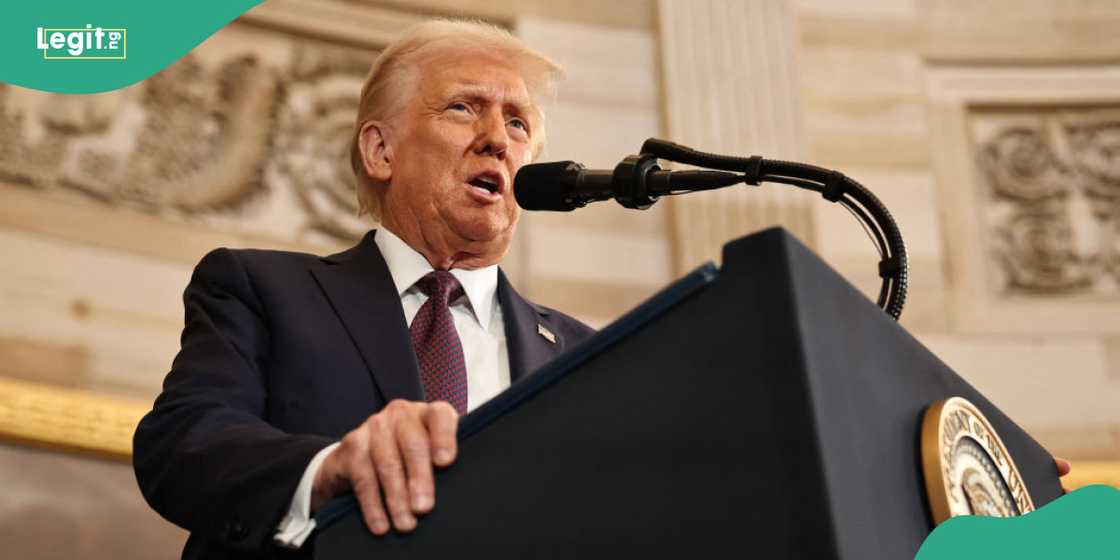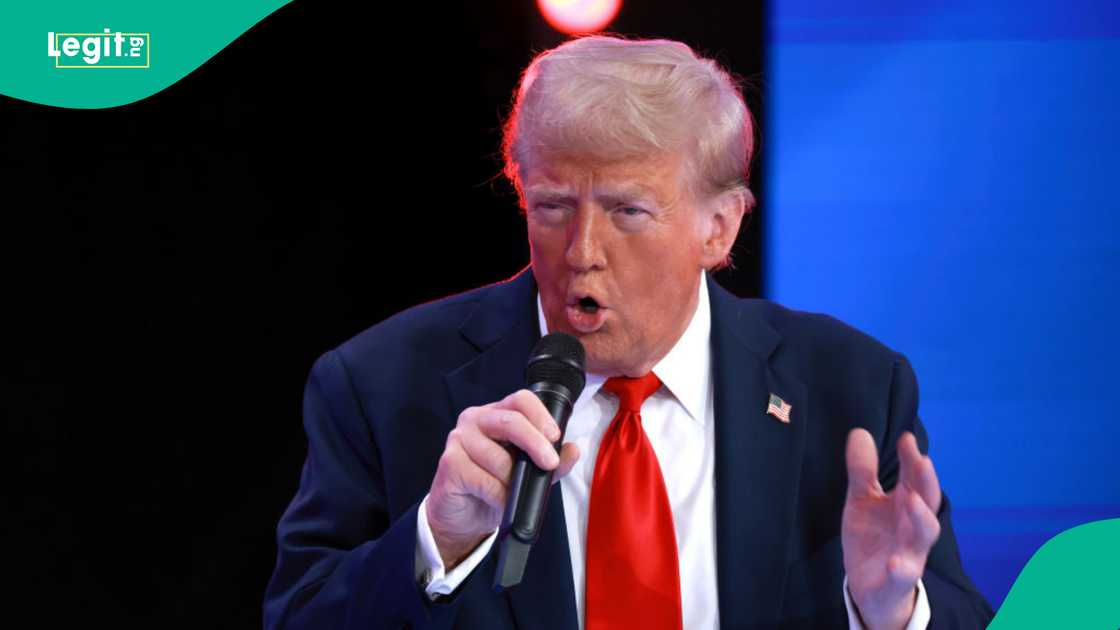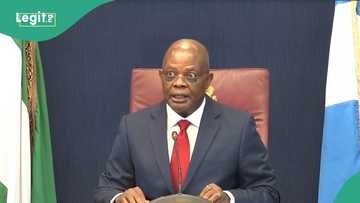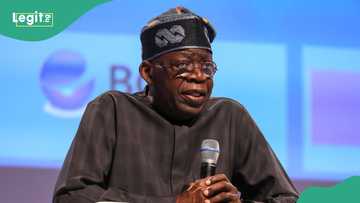Trump Hosts Peace Summit at White House to End Armenia-Azerbaijan Conflict
- President Donald Trump hosted a historic peace summit at the White House, bringing together Armenia and Azerbaijan to end decades of conflict
- The two nations signed a landmark agreement establishing the Trump Route for International Peace and Prosperity, unlocking vital transit and economic links
- The summit signals a major geopolitical shift in the South Caucasus, diminishing Russian influence and strengthening U.S. ties in the region
President Donald Trump convened a landmark peace summit at the White House on Friday, bringing together the leaders of Armenia and Azerbaijan in a bid to end nearly four decades of conflict and reshape the geopolitical landscape of the South Caucasus.
The summit culminated in the signing of a pivotal agreement aimed at reopening key transportation routes and fostering regional cooperation.

Source: Getty Images
Trump route for international peace and prosperity unveiled
The centrepiece of the summit was the announcement of a new transit corridor—named the Trump Route for International Peace and Prosperity—which will connect mainland Azerbaijan with its autonomous Nakhchivan region. The corridor, which traverses a 32-kilometre stretch of Armenian territory, had long been a sticking point in peace negotiations.
White House spokeswoman Anna Kelly described the agreement as a “roadmap” for a cooperative future. “The roadmap they are agreeing to will build a cooperative future that benefits both countries, their region of the South Caucasus and beyond,” she said. Kelly added that the corridor would “allow unimpeded connectivity between the two countries while respecting Armenia’s sovereignty and territorial integrity and its people.”
Economic and energy cooperation agreements signed
In addition to the joint peace accord, both Armenia and Azerbaijan signed separate bilateral agreements with the United States to enhance cooperation in energy, technology, and economic development. These deals are expected to unlock new opportunities for investment and innovation across the South Caucasus.
President Trump previewed the summit’s outcomes on Thursday evening via his Truth Social platform, stating that the leaders would participate in a peace ceremony and sign economic agreements with the U.S. that would “fully unlock the potential of the South Caucasus Region.”

Read also
2027 election: ADC mentions what'll happen to Atiku, Obi, Amaechi when party finally cedes presidential ticket
He added, “Many Leaders have tried to end the War, with no success, until now, thanks to ‘TRUMP.’”
Leaders meet in White House for signing ceremony
The summit began with individual meetings between Trump and Armenian Prime Minister Nikol Pashinyan, followed by a session with Azerbaijani President Ilham Aliyev. The day concluded with a joint signing ceremony in the White House’s State Dining Room, symbolising a new chapter in Armenia-Azerbaijan relations.
The peace agreement marks a significant milestone in resolving the long-standing dispute over the Nagorno-Karabakh region. The territory, internationally recognised as part of Azerbaijan but historically populated by Armenians, has been the epicentre of violent clashes since the Soviet era. Tens of thousands of lives were lost as both nations vied for control.
Azerbaijan reclaimed full control of Karabakh in 2023, prompting renewed talks with Armenia to normalise diplomatic ties. The White House summit is seen as a major step toward lasting peace.
Russia’s influence diminishes in strategic region
The deal also signals a geopolitical shift away from Russian influence in the South Caucasus. Moscow, which had long positioned itself as a mediator in the conflict, saw its regional clout diminish following its invasion of Ukraine in 2022. Russia’s passive stance during Azerbaijan’s 2023 offensive in Karabakh angered Armenia and accelerated its pivot toward Western alliances.
Azerbaijan, buoyed by its military success, has also grown increasingly assertive in distancing itself from Moscow’s orbit.
The White House summit not only marks a diplomatic breakthrough but also redefines the strategic balance in a region long shaped by rivalry and unrest.

Source: Getty Images
Trump makes declarations over plans to contest
Legit.ng earlier reported that US President Donald Trump has given a strong signal that he does not intend to run for office again in 2028, despite interest from some of his allies.
In a new interview with CNBC on Monday, August 5, Trump said he is unlikely to seek a third term in office. When asked directly if he would run again after his current term ends, Trump responded, “No. Probably not.”
Source: Legit.ng



